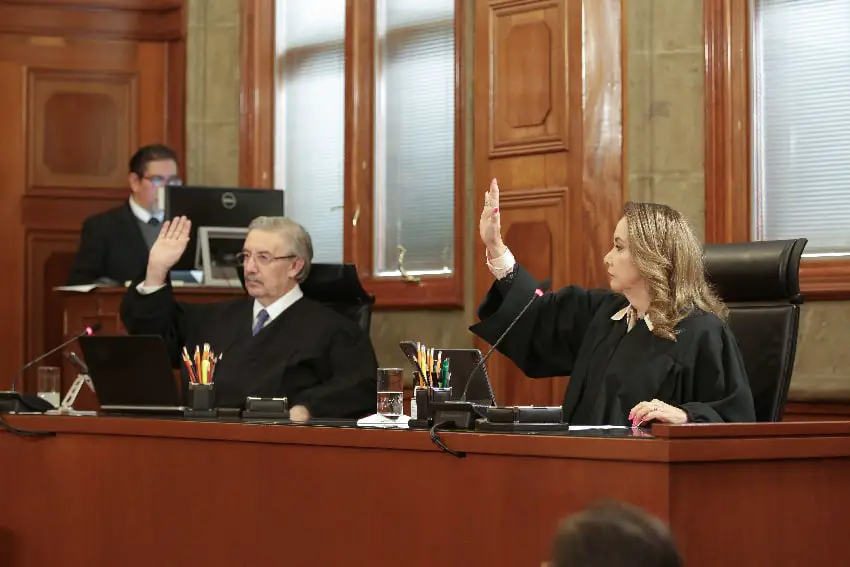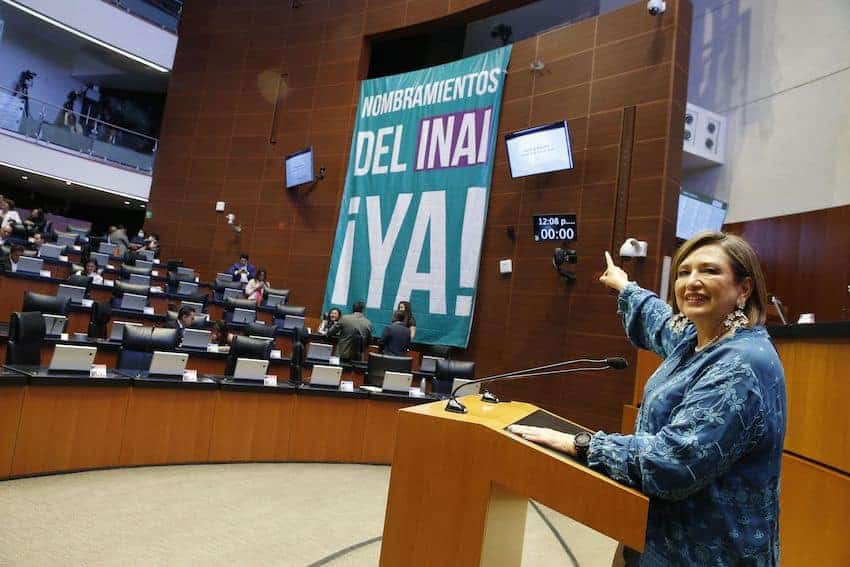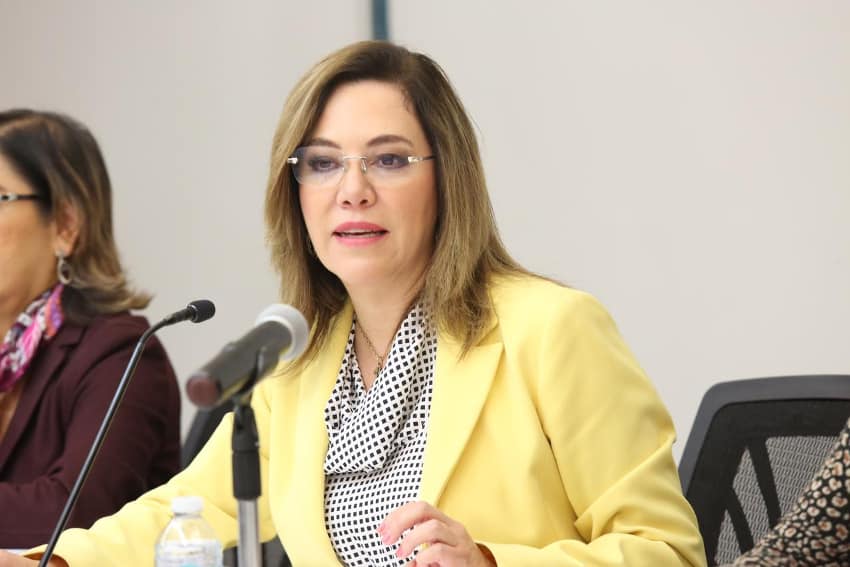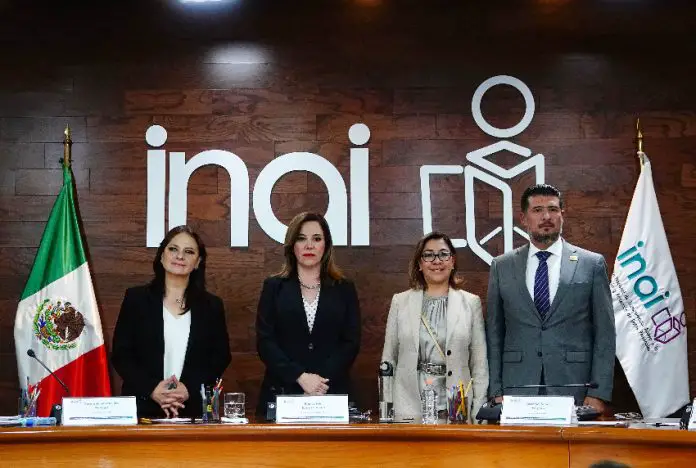The Supreme Court (SCJN) on Wednesday handed down a decision that will allow the governing body of the National Institute for Transparency, Access to Information and the Protection of Personal Data (INAI) to convene for the first time since March.
The Pleno of the INAI, as the autonomous agency’s governing body is called, has been unable to convene since April 1 as it only had four of seven commissioners, one fewer than quorum.

That situation, brought about because the terms of previous commissioners ended, has not been remedied as the Senate has failed to appoint replacements. As a result, thousands of appeals related to information requests that were denied or not adequately filled have been left pending.
Earlier this year, the INAI asked the SCJN to hand down a ruling that would allow its Pleno to convene with just four commissioners while they waited for the appointment of additional officials. However, Justice Loretta Ortiz in April declined to issue the ruling the transparency agency sought.
The INAI appealed the decision and on Wednesday the second chamber of the SCJN ruled in its favor by a vote of 3-1.
The court said in a statement that its authorization of the INAI governing body’s operation with just four commissioners would become invalid once the Senate appoints one or more additional commissioners.

“Both the constitution and the Federal Law for Transparency and Access to Public Information have a normative design to avoid prolonged vacancies in the Pleno of the INAI. Consequently, it is unviable to paralyze [its] operation … due to a matter related to the absence of the opportune designation of three commissioners,” the SCJN said.
The court said that its second chamber reached the conclusion that the paralysis of the INAI has violated “two fundamental rights” – the right to access information and the right to the protection of personal data.
Thousands of citizens who lodged complaints with the INAI – primarily because they were not given access to government information they requested – have not received responses within the timeframes designated by the law, it said.
The INAI said in a statement that once it has been formally notified of the court’s ruling, the members of the Pleno will be able to discuss and resolve more than 8,000 outstanding matters.

It stressed that each matter involves a person who believes that their right to access information or to have their personal data protected was violated. Those people are waiting for the Pleno to issue a ruling in response to their complaints, the INAI added.
The institute said that the Supreme Court’s ruling demonstrates the importance of having counterbalances in Mexico and a valid rule of law in which respect for the constitution and human rights prevails.
Blanca Lilia Ibarra, president of the INAI Pleno, said in a video message that the court’s decision will allow the agency’s activities to normalize “for the benefit of the human rights that the INAI protects.”
“… From the INAI we acknowledge and celebrate the ruling of the second chamber of the Supreme Court and reiterate our commitment to Mexican society to continue complying with the constitutional work that has been entrusted to us,” said Ibarra, who will have a deciding vote in the Pleno while it operates with only four commissioners.
President López Obrador said Wednesday that his government would respect the decision handed down by the SCJN, but reiterated his disdain for the INAI and other autonomous agencies created by previous governments.
“You already know my opinion about these bodies they created. They were all established to simulate that corruption was going to be combated, that there was going to be transparency, that there was going to be justice,” he told reporters at his morning press conference.
Another problem is that they are a burden on taxpayers, the president said.
“Apart from simulating [and] deceiving … these things cost a lot,” said López Obrador, who declared in 2021 that the INAI is not needed as the federal government maintains “permanent communication” with citizens and guarantees the right to information.
He said in January 2021 that his government intended to incorporate autonomous organizations such as the INAI and the Federal Telecommunications Institute into federal ministries and departments. However, the plan – widely denounced as an attempt to further concentrate power in the executive – didn’t come to fruition.
With reports from Reforma and El Financiero
